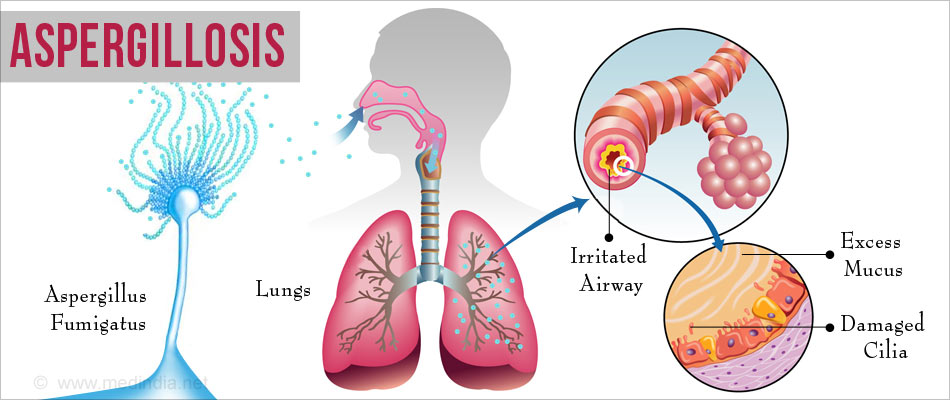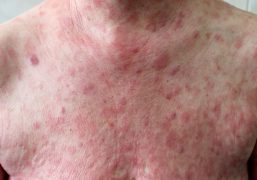Aspergillosis
Aspergillosis is a group of fungal infections caused by the Aspergillus fungus. Aspergillus is a common mold that can be found in many different environments, including soil, decaying vegetation, and household dust. In healthy individuals, exposure to Aspergillus does not typically cause illness, but in people with weakened immune systems or underlying lung conditions, Aspergillus can cause serious infections.
There are several types of Aspergillosis, including allergic bronchopulmonary aspergillosis, aspergilloma, chronic pulmonary aspergillosis, and invasive aspergillosis. Symptoms vary depending on the type and severity of the infection, but may include cough, shortness of breath, wheezing, chest pain, fever, chills, and fatigue.
Treatment for aspergillosis depends on the type and severity of the infection, as well as the underlying health of the individual. In some cases, antifungal medications may be used to help clear the infection, while in other cases, surgery or other interventions may be necessary.
Prevention of aspergillosis involves minimizing exposure to Aspergillus mold, particularly in individuals with weakened immune systems or underlying lung conditions. This may involve taking steps to reduce humidity and moisture levels in the home or workplace, avoiding damp areas, and using air filters and other measures to reduce exposure to mold spores.






